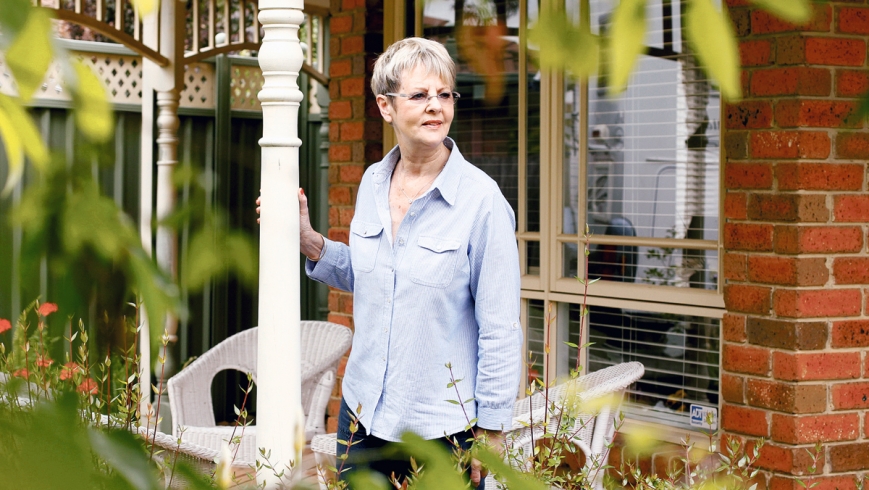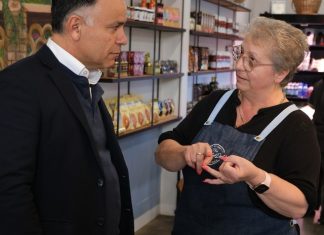Following the death of her four-year-old daughter about 30 years ago, Mill Park resident Carmen Andrews took little notice of a few irritable patches of dry skin on her legs.
Her doctor told her it was a by-product of the trauma she had been through, and that it would go away.
“I was a mess and it wasn’t a priority anyway. But as the years went on it got worse,” Andrews says.
For four years, she didn’t realise there was a history of psoriasis in the family.
But when her younger brother developed a brain tumour and died shortly after, her father developed the same dry, flaky and irritable skin condition she had complained of since the death of her own daughter.
Little by little, a pattern emerged of hereditary psoriasis. Her grandmother often complained of severe dandruff, which, in hindsight, was probably a sign she, too, suffered from the disease, which is often triggered by stress, Andrews says.
And her family is by no means alone. According to the latest Australian Bureau of Statistics figures, more than 500,000 Australians have psoriasis.
Each year, World Psoriasis Day – October 29 this year – is used to raise awareness and give sufferers a voice.
This year’s theme was to promote access to treatment, a message echoed by a new Australian campaign that includes two television commercials and a new website, mypsoriasis.com.au.
Asked whether she ever felt stigmatised when her skin flared up, Andrews answers with a resounding “Heavens, yes! I didn’t wear a dress or short sleeves for over 30 years.”
According to Associate Professor Peter Foley, director of research at the Skin & Cancer Foundation Inc, psoriasis is a complex inflammatory condition that can be physically and psychologically devastating and is often associated with other serious chronic health conditions such as diabetes, cardiovascular disease and joint problems.
In search of a remedy, Andrews tried altering her diet and spent a small fortune on creams, salts and UV lights over the years, all to no avail.
Four years ago she was hospitalised at St Vincent’s with severe hypothermia. Hospital staff recommended she try a biologic medicinal product known as Humira. The treatment has given her a new lease of life.
“I’m just about clear now. I don’t think you’d even notice it any more. When it’s at its worst, it’s itchy, it’s really quite debilitating. But you don’t have to suffer,” she says.
The remarkable improvement in her condition has allowed the former bookkeeper to return to study and set up her own mortgage broking business. She hopes the awareness campaign breaks down the barriers of embarrassment, fear and anxiety associated with the condition and will lead others to seek the right medication.
“A little jab can give you a normal life,” Andrews says.







